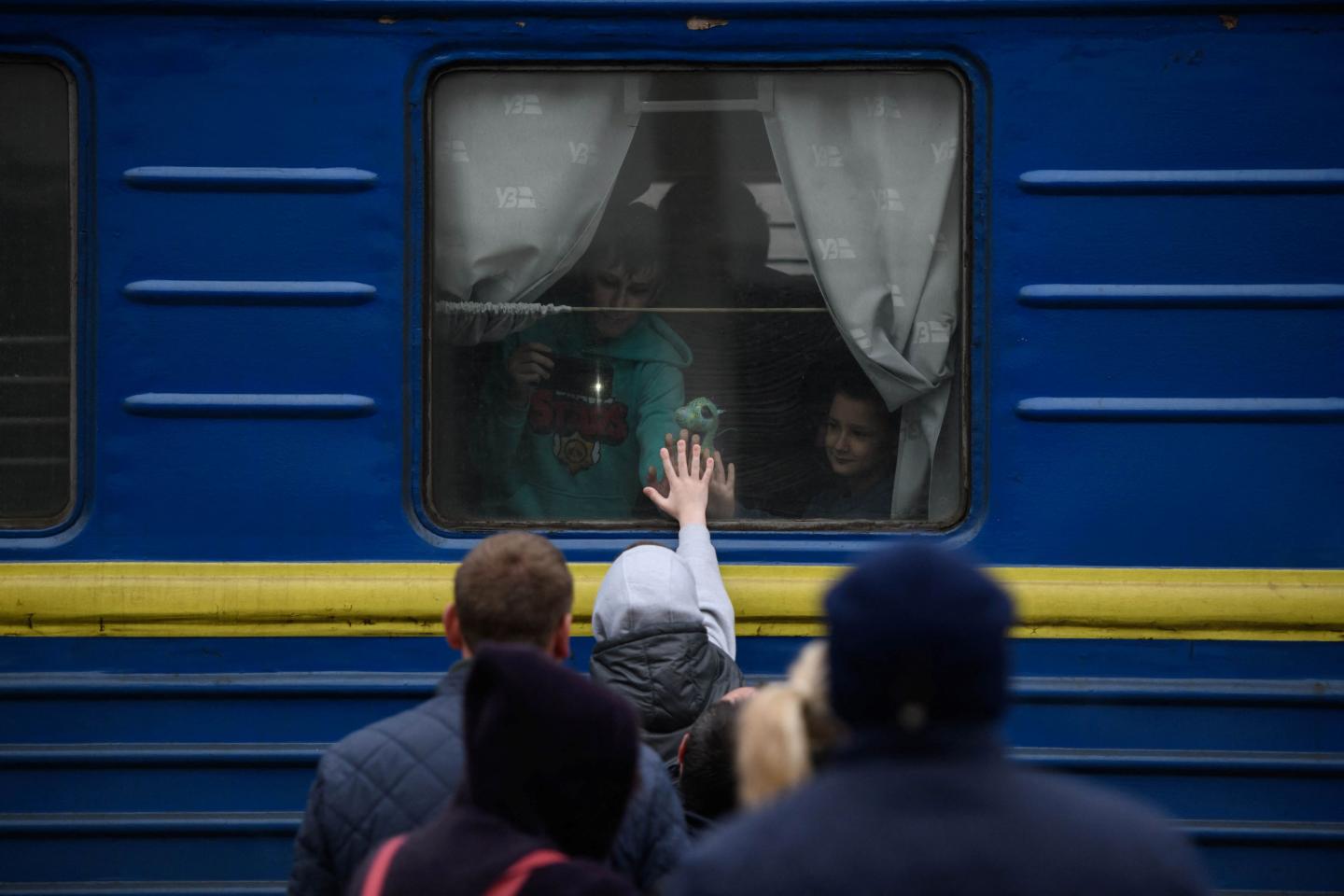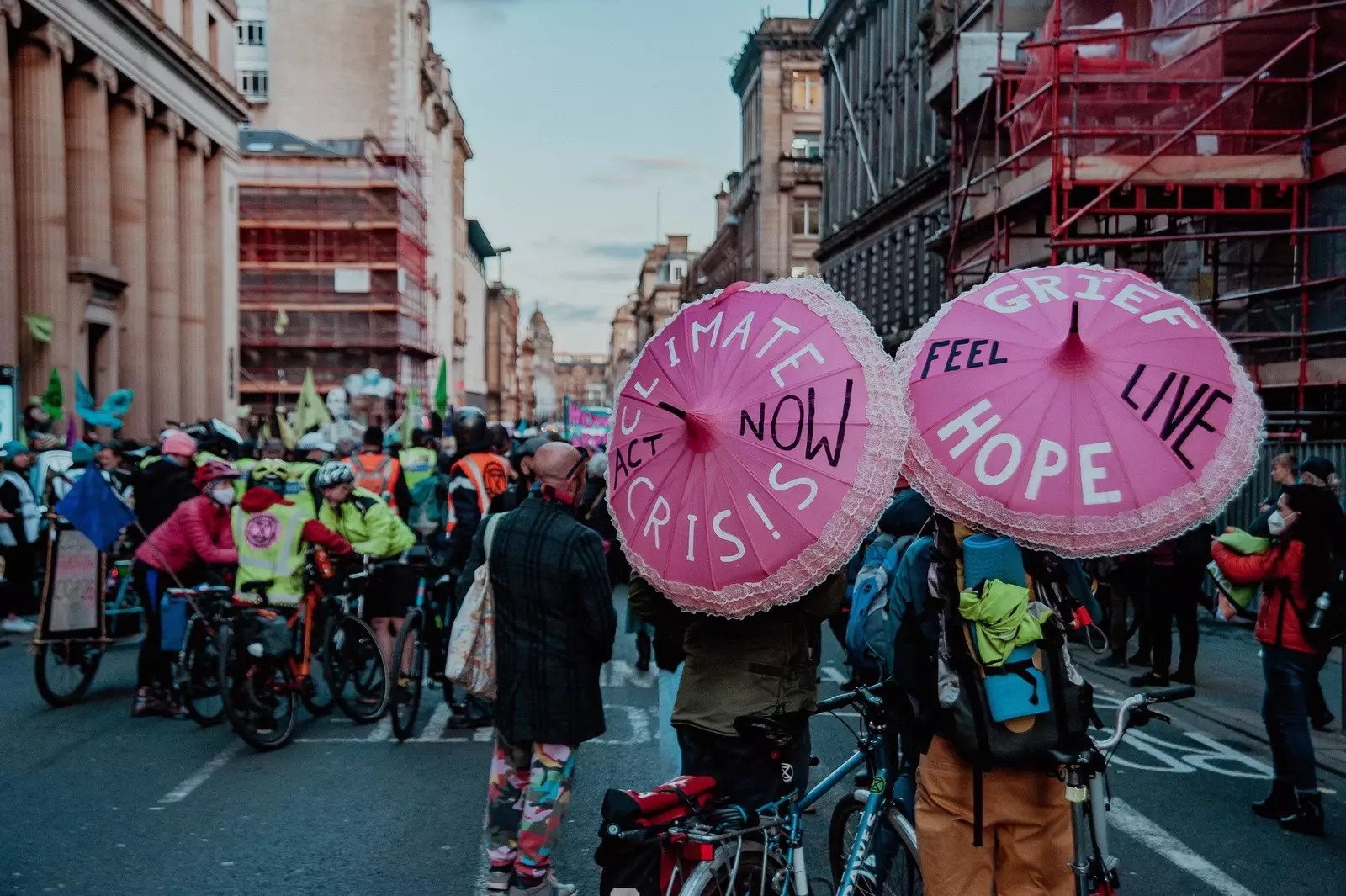‘Social Breakdown and Outright Chaos’: Civilization Headed for Collapse by 2050, New Climate Report Warns
A new report warns that climate change could displace more than a billion people, leave two billion without regular water access and lead to a breakdown in international order by 2050 if nations do not increase their commitments under the Paris agreement.
“Climate change now represents a near- to mid-term existential threat to human civilization,” the report authors conclude.
The new assessment comes from the Melbourne, Australia-based think tank Breakthrough National Centre for Climate Restoration and was written by Breakthrough’s research director David Spratt and former Royal Dutch Shell senior executive Ian Dunlop. The authors use the dire scenario outlined in the report to call for a massive international mobilization towards a zero-emissions economy on the scale of efforts seen during World War II.
“A high-end 2050 scenario finds a world in social breakdown and outright chaos,” Spratt told Vice. “But a short window of opportunity exists for an emergency, global mobilization of resources, in which the logistical and planning experiences of the national security sector could play a valuable role.”
The report authors have a major endorsement from that sector in the figure of retired Admiral and former Chief of the Australian Defence Force Chris Barrie, who wrote the paper’s foreword.
“David Spratt and Ian Dunlop have laid bare the unvarnished truth about the desperate situation humans, and our planet, are in, painting a disturbing picture of the real possibility that human life on earth may be on the way to extinction, in the most horrible way,” Barrie wrote.
Spratt and Dunlop based their scenario on findings that current Paris commitments would lock in three degrees Celsius of warming by 2100. However, since those findings do not account for feedback loops set in motion by future warming, Spratt and Dunlop predict three degrees of warming by mid-century.
“It should be noted that this is far from an extreme scenario: the low-probability, high-impact warming (five percent probability) can exceed 3.5–4°C by 2050 in the Xu and Ramanathan scheme,” they write.
The impacts of three degrees of warming by 2050 would include:
- The collapse of ecosystems like coral reefs, the Amazon and the Arctic
- Unlivable temperatures for more than 100 days a year in West Africa, tropical South America, the Middle East and South-East Asia
- A one-fifth decline in agricultural yields
- The flooding of coastal cities, small islands and low-lying regions including Chennai, Mumbai, Jakarta, Guangzhou, Tianjin, Hong Kong, Ho Chi Minh City, Shanghai, Lagos, Bangkok, Manila and ten percent of Bangladesh
- Likely armed conflict over resources, with the possibility of nuclear war
Spratt and Dunlop offer what they call a “scenario planning” approach to climate risk assessment, because they argue that current risk-assessment strategies aren’t adequate in the face of the existential threat posed to human civilization by the worst-case climate change predictions.
“What is needed now is an approach to risk management which is fundamentally different from conventional practice. It would focus on the high-end, unprecedented possibilities, instead of assessing middle-of-the-road probabilities on the basis of historic experience,” they write.
The point is ultimately to avoid the scenario outlined in the report.
“A doomsday future is not inevitable!” Barrie wrote in the foreword. “But without immediate drastic action our prospects are poor. We must act collectively. We need strong, determined leadership in government, in business and in our communities to ensure a sustainable future for humankind.”
We Need an #Ecological Civilization Before It’s Too Late https://t.co/Z1Ul0IoqsB @Greenpeace @ScienceNewsOrg @Sierra_Magazine
— EcoWatch (@EcoWatch) October 15, 2018






